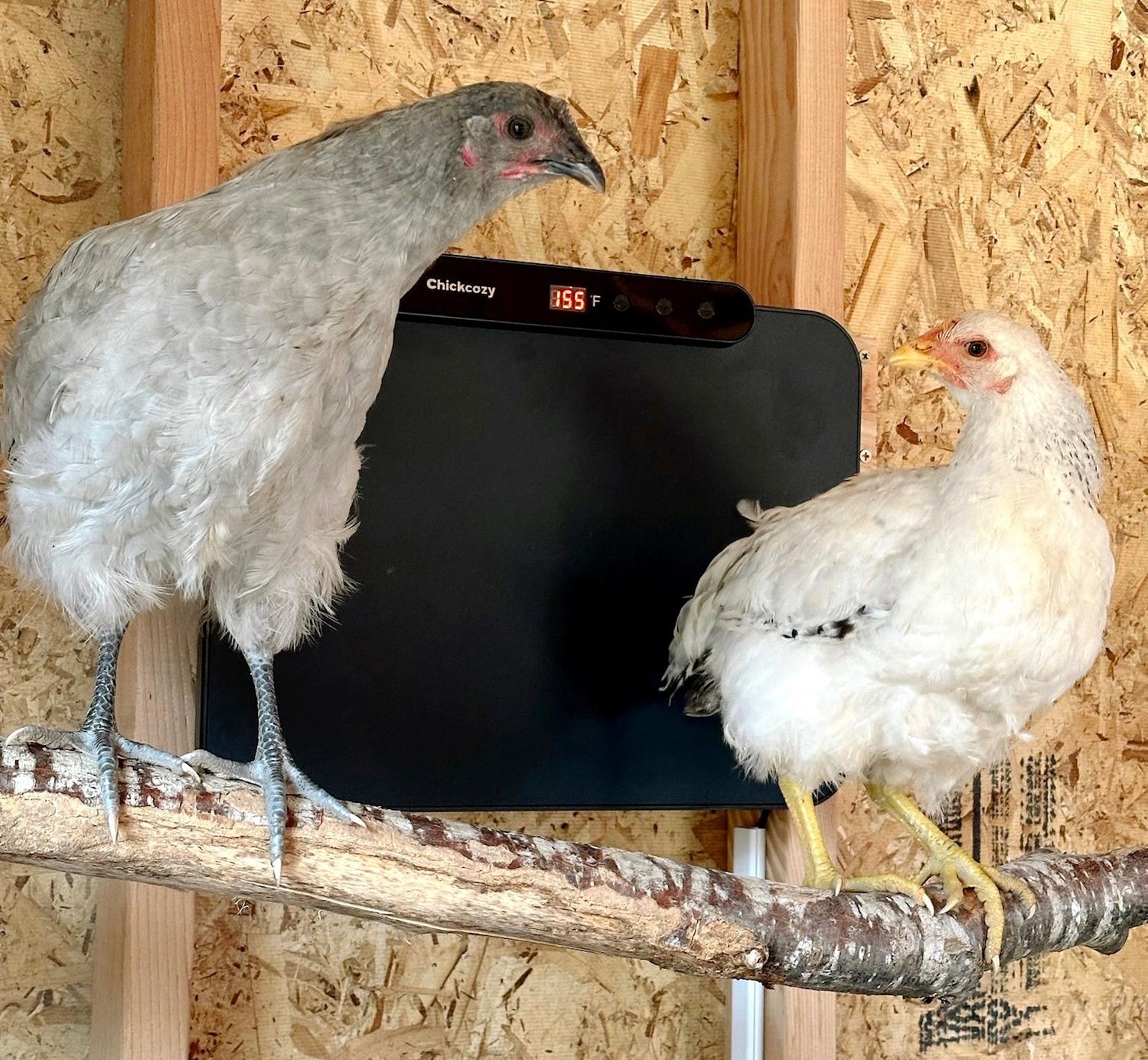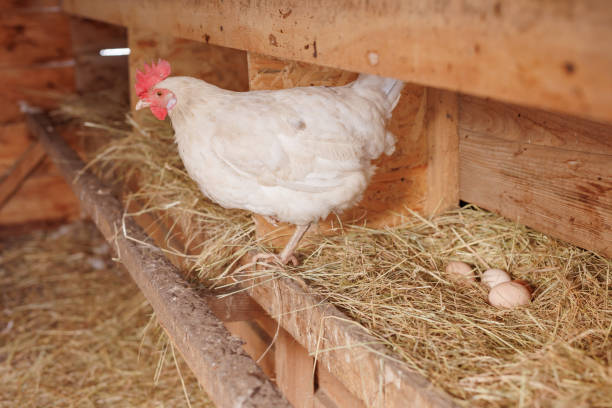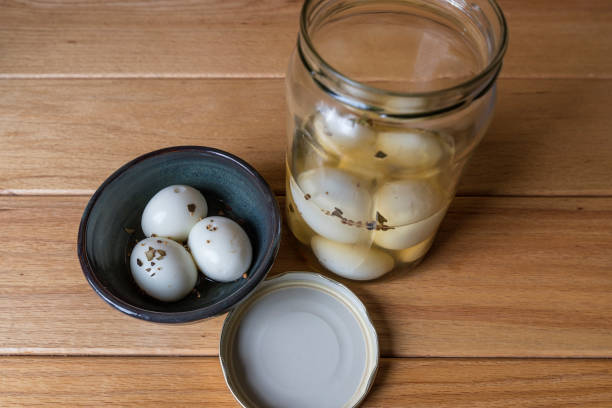As winter approaches, many chicken owners find themselves asking the same question: do chickens need supplemental heat in their coops during the frigid months? The answer isn’t straightforward, but understanding how chickens manage cold weather can help you make the best decision for your flock.

Nature's Winter Coat
Chickens are surprisingly resilient creatures, equipped with a natural protective layer of feathers. These feathers trap air, providing insulation and helping to keep their body temperature around 106 degrees Fahrenheit. Most chicken breeds, especially those bred for cold climates, are well-equipped to handle winter's chill without supplemental heating. Breeds like the Rhode Island Red, Orpington, and Plymouth Rock are particularly hardy and can thrive even in freezing temperatures.
During cold spells, chickens can puff up their feathers, creating an extra layer of insulation. This behavior not only keeps them warm but also helps prevent frostbite—a serious concern in extreme cold.
Egg Production and Winter Challenges
While chickens can withstand cold, the winter months do bring challenges. The shorter days often lead to a natural slowdown in egg production. This is also the time when hens may molt, losing old feathers and growing new ones, which can last anywhere from 8 to 12 weeks. During this period, you may notice a drop in egg production, so it's essential to manage expectations and provide adequate nutrition to support your birds during this transition.
The Importance of Warmth for the Weaker Members
Although chickens are hardy, not all birds are created equal. Older or sick chickens may struggle more in cold weather. If the coop isn’t warm enough, these weaker members of the flock may have difficulty recovering and can become more susceptible to illness. A chicken's body uses a lot of energy to maintain warmth in frigid conditions, which can exacerbate existing health issues and lead to faster deterioration.

This is where our Chicken Coop Heater comes into play. Unlike traditional heat lamps that pose fire hazards, our heater provides a warm spot in the coop without overheating the entire space. And chickens can stay around the coop heater when they are extremely cold. This allows sick or older chickens to find refuge from the cold, helping them to regain strength and improve their chances of survival during harsh winter months.
Keeping Your Coop Cozy
You don’t need to turn your coop into a tropical paradise, but providing a warm spot in the coop can help ensure your chickens stay comfortable. Keeping the coop within their comfort zone not only promotes egg production but also keeps your hens happy and healthy.
Avoid the common pitfall of using heat lamps, which can be a fire hazard if not carefully monitored. Instead, our Chicken Coop Heater offers a safe and effective solution to create a warm environment without the risks associated with traditional heating methods.

Conclusion
In conclusion, while most chickens can endure cold weather thanks to their natural adaptations, providing a warm spot for those who need it can make all the difference. By using our Chicken Coop Heater, you can ensure that your flock remains comfortable and healthy throughout the winter months. Happy hens lead to happy farmers—so invest in their warmth this winter!



Leave a comment
All comments are moderated before being published.
This site is protected by hCaptcha and the hCaptcha Privacy Policy and Terms of Service apply.